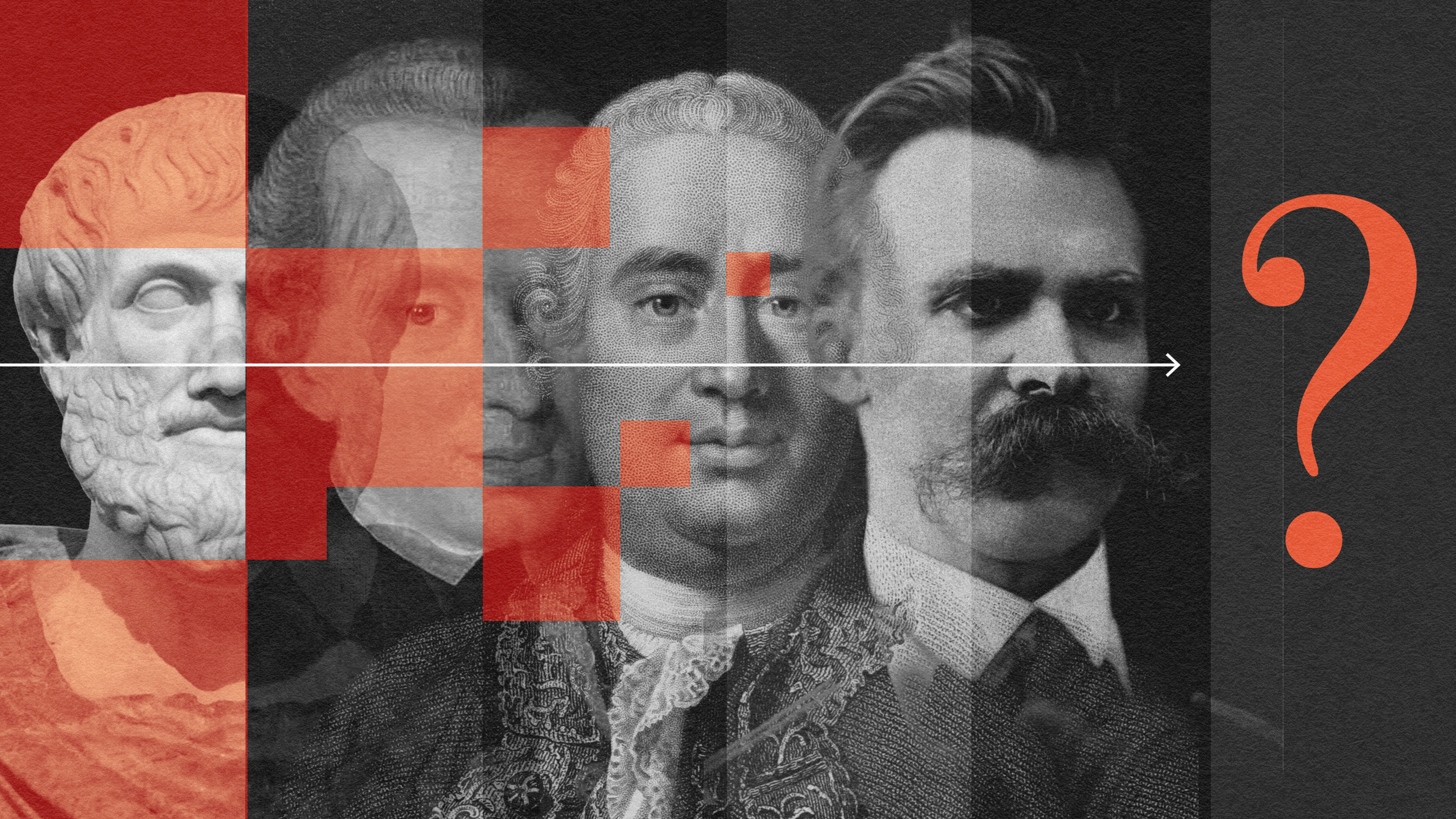The Big Surprise in Obama’s Speech on the Anniversary of the March on Washington

President Obama gave a stirring speech today in Washington, D.C. He reflected on those who marched 50 years ago today. He praised the “brilliance” of the Rev. Martin Luther King, Jr. He highlighted today’s heroes who are keeping King’s “flame” alive. He called attention to the persistent and gigantic inequalities in African Americans’ economic, legal and social status. And he segued skillfully to the economic inequities facing people of all races from “from the corners of Anacostia to the hills of Appalachia”:
And so as we mark this anniversary, we must remind ourselves that the measure of progress for those who marched 50 years ago was not merely how many blacks had joined the ranks of millionaires; it was whether this country would admit all people who were willing to work hard, regardless of race, into the ranks of a middle-class life. (Applause.) The test was not and never has been whether the doors of opportunity are cracked a bit wider for a few. It was whether our economic system provides a fair shot for the many, for the black custodian and the white steelworker, the immigrant dishwasher and the Native American veteran. To win that battle, to answer that call — this remains our great unfinished business.
But immediately after laying blame on corporate greed and race-baiting politicians for “the old politics of division,” Obama suddenly and drastically changed his tune. In short, he blamed African Americans for a share of their own plight.
And then, if we’re honest with ourselves, we’ll admit that during the course of 50 years, there were times when some of us, claiming to push for change, lost our way. The anguish of assassinations set off self-defeating riots.
Legitimate grievances against police brutality tipped into excuse-making for criminal behavior. Racial politics could cut both ways as the transformative message of unity and brotherhood was drowned out by the language of recrimination. And what had once been a call for equality of opportunity, the chance for all Americans to work hard and get ahead was too often framed as a mere desire for government support, as if we had no agency in our own liberation, as if poverty was an excuse for not raising your child and the bigotry of others was reason to give up on yourself. All of that history is how progress stalled. That’s how hope was diverted. It’s how our country remained divided.
This is a message that could not have been delivered without the first-person plural pronoun. By including himself in the class of people who need to be “honest with ourselves,” President Obama was able to assign a share of the blame for the disadvantaged status of African Americans to their own misdeeds. Someone might say this is blaming the victim: assigning a portion of the responsibility for African American crime rates and government dependency to blacks themselves.
This theme is not uncommon among American conservatives. Abigail and Stephen Thernstrom find many of the roots of African American disadvantage in the black community. They write, for example, that “black desires for a moderate degree of self-segregation are the main cause of the segregation patterns visible in American cities today.”
What’s remarkable is hearing this message from President Obama during his valediction to Reverend King. None of the television commentators I heard after the speech mentioned this paragraph, preferring to focus on Obama’s wider message, but I could easily imagine Fox News leaping on it as the central idea worth taking away from the day and ripping it out of context. Viewers bent on ignoring the nation’s collective responsibility for racial injustice might take perverse comfort in that portion of Obama’s speech. But as Elisabeth Anderson of the University of Michigan points out in her recent book, calling attention to the role that some blacks have played in racial disadvantage need not be an argument for ignoring the problem of race in American society or disclaiming the issue as one of national importance:
These causal claims should not be controversial. Nor should it be controversial that blacks who act in these ways are attributively responsible for their actions. What is controversial is the moral response Americans should take toward these facts. How should substantive responsibility for dealing with the causes and consequences of destructive behavior be allocated among those who act irresponsibly, among the black community (which contains many individuals who are not so acting), and among wider American institutions? Judgments of attributive responsibility do not dictate judgments of substantive responsibility. Even if a group of people habitually engages in self-destructive behavior for which they are attributively responsible, it does not follow that they should be made to bear all of its costs, or denied outside help. Suppose, for example, the habit of smoking in bed prevailed in an immigrant group, and that this habit caused many fires. Although the immigrants who smoke in bed are attributively responsible for the fires, it does not follow that public fire services should be withheld from the immigrant community. To abandon them so would be morally reprehensible–and not only because many innocents, including the immigrants’ children and nonsmoking neighbors, would be made to suffer the lethal consequences of others’ bad behavior. It would be appalling even with respect to the smokers themselves.





